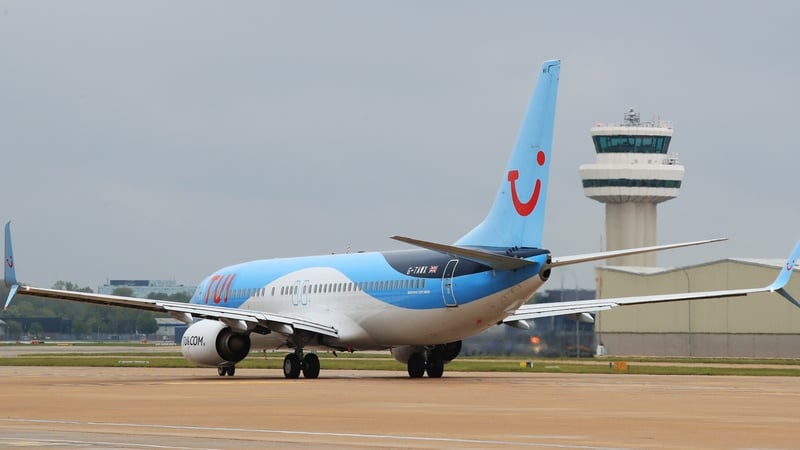Europe’s largest travel operator TUI has today reported a jump in its first-quarter profit, driven by strong performance in its packaged holiday business.
While European airlines faced struggles last year, travel companies such as TUI benefited from the resurgence of packaged holidays.
Holidaymakers are increasingly turning to package holidays as soaring hotel and flight prices revive demand for all-inclusive deals.
Shares of TUI have climbed 45% since last September following a trading update.
“People prioritise their holidays even in times of change, and even in a challenging economic environment in Europe for almost all sectors,” TUI Group CEO Sebastian Ebel said today.
TUI confirmed its annual outlook and also posted first-quarter underlying earnings before interest and taxes (EBIT) of €51m, up from €6m in the year-ago period.
At the end of last year, the company forecast 2025 EBIT growth to ease to between 7% and 10% due to one-off costs.
While travel demand has remained robust, TUI, like other European airline businesses, has been affected by Boeing delivery delays and high costs.
Ebel said on a media call that he hopes the Boeing 737 MAX delivery delays will be resolved by 2027.
The first quarter is usually the weakest for airlines, as travellers are less likely to fly between January and March. For TUI, the first quarter runs from October to December.
TUI reported a decline in performance in the Markets and Airlines segment, which saw a 31% drop in underlying EBIT year-on-year due to seasonal investments ahead of the summer travel period.
However, its Holiday Experiences segment saw an improvement, rising to €150.3m in the reported quarter from €90.7m last year.



